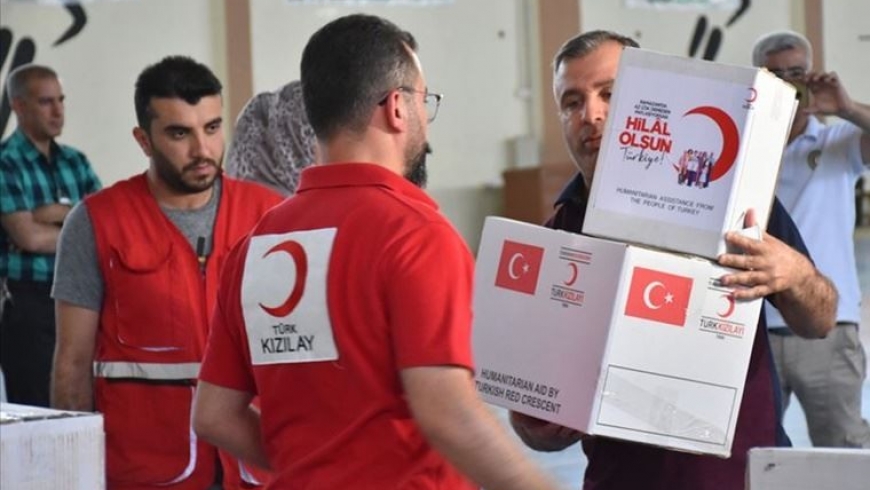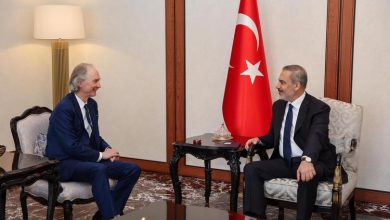
The Turkish Red Crescent calls on the Security Council to extend the mechanism for bringing aid into Syria
The head of the Turkish Red Crescent Organization, Kerem Kınık, called on the UN Security Council to extend the delivery of humanitarian aid across the Turkish border to millions of people in need in Syria after the current mandate expired on July 10.
“All humanitarian workers call on the Security Council to renew the resolution, as the fate of more than 4 million people in need is under the weight of a divided agenda at the Security Council table,” Kerem Kınık, who is also the vice president of the International Federation of Red Cross and Red Crescent Societies, stressed.
Kerem Kınık warned that closing humanitarian operations across the border would have “serious consequences and heavy human losses.”
He stressed that the Turkish Red Crescent has stood by the needy in Syria since the beginning of the humanitarian crisis by providing protection and support to vulnerable communities.
He added, “A decade has passed since the tragedy in Syria, and need and suffering continue in the country.”
Kerem Kınık stressed that for more than a decade, NGOs from Syria and Turkey have cooperated with international organizations, United Nations agencies, and donors to provide protection to millions of people, saying: “Not only did they provide 10,000 trucks of aid to vulnerable communities, but they also brought hope to the Syrians that they will not forget, and that a better future is still possible.”
The Security Council resolution will either “exacerbate the suffering and pain of millions” or it will work “to ensure that humanitarian aid reaches millions of people in Syria, according to Kerem Kınık.
There are fears that Russia will block the renewal of the mechanism for cross-border humanitarian aid to Syria after the current mandate expires on July 10.
The Council’s decisions require the approval of at least 9 of its members, provided that none of the five permanent members, namely Russia, China, the United States, France and Britain, object to it.




